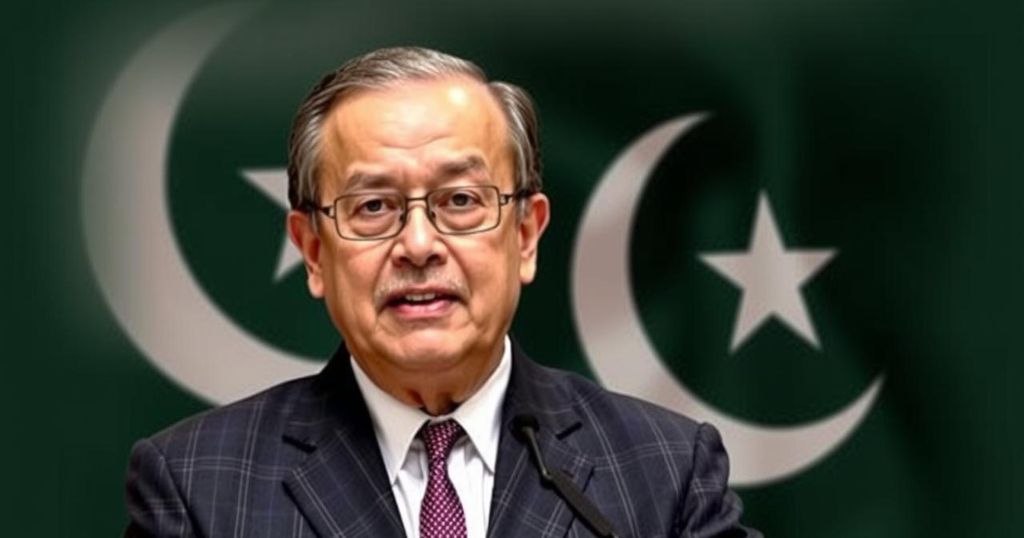Ishaq Dar, Pakistan’s Deputy Prime Minister and Foreign Minister, has announced a visit to Bangladesh in early February, marking the first such visit since 2012. The trip follows diplomatic talks with Bangladesh’s Chief Adviser Muhammad Yunus, emphasizing warmer ties and economic cooperation. Both leaders have acknowledged the necessity to resolve historical disputes from 1971 to enhance bilateral relations.
Islamabad’s Deputy Prime Minister and Foreign Minister Ishaq Dar is slated to visit Bangladesh in early February, marking the first visit by a Pakistani foreign minister since 2012. The announcement follows recent diplomatic exchanges between Prime Minister Shehbaz Sharif and Bangladesh’s Chief Adviser Muhammad Yunus, which occurred at the D-8 Summit in Cairo last month. Dar’s visit is significant as it represents a potential thawing of relations between the two countries after years of strained ties due to political alignments. He expressed intentions to strengthen cooperation in economic and trade matters, referring to Bangladesh as a “lost brother.” Additionally, Yunus has accepted an invitation to visit Islamabad, suggesting the beginning of a more collaborative relationship. Notably, there has been progress in trade, evidenced by the arrival of direct cargo vessels from Karachi to Chittagong, as well as plans for resuming flights between the two nations. However, both leaders acknowledged the need to address historical grievances stemming from events in 1971 as a prerequisite for fostering more robust ties, with Yunus urging a resolution to move forward effectively.
The announcement of Dar’s forthcoming visit highlights a noteworthy pivot in Pakistan-Bangladesh relations following the exit of the pro-Indian government led by Sheikh Hasina. This new chapter in diplomatic relations comes after a prolonged period of tension, during which Hasina’s government resisted attempts at reconciling bilateral issues. The recent summit in Cairo appears to have set the stage for future engagements, with both nations expressing a desire to mend fences and foster collaboration. Furthermore, the successful navigation of trade issues, such as the docking of direct vessels, indicates a burgeoning economic partnership that could serve as a foundation for improved diplomatic relations.
Ishaq Dar remarked, “Bangladesh is like a lost brother. We aim to strengthen economic and trade cooperation.” – The Express Tribune.
The history between Pakistan and Bangladesh is complex, marked by a tumultuous separation in 1971 which resulted in the independence of Bangladesh from Pakistan. Following this, relations remained tense, particularly during Sheikh Hasina’s tenure, which was characterized by a pro-Indian stance. The recent political shifts, especially following Hasina’s exit, have opened the door for renewed dialogue. Both nations now seem poised to reassess their diplomatic and economic interactions, with an emphasis on addressing the lingering issues from the past.
In conclusion, Ishaq Dar’s planned visit to Bangladesh symbolizes a significant step towards improving Pakistan-Bangladesh relations after years of estrangement. With mutual interests in economic cooperation and trade, along with a shared acknowledgment of past grievances, both nations appear committed to forging a more collaborative future. The invitation exchanges and ongoing dialogues indicate a willingness to address past issues while working collectively toward greater understanding and partnership.
Original Source: indianexpress.com






